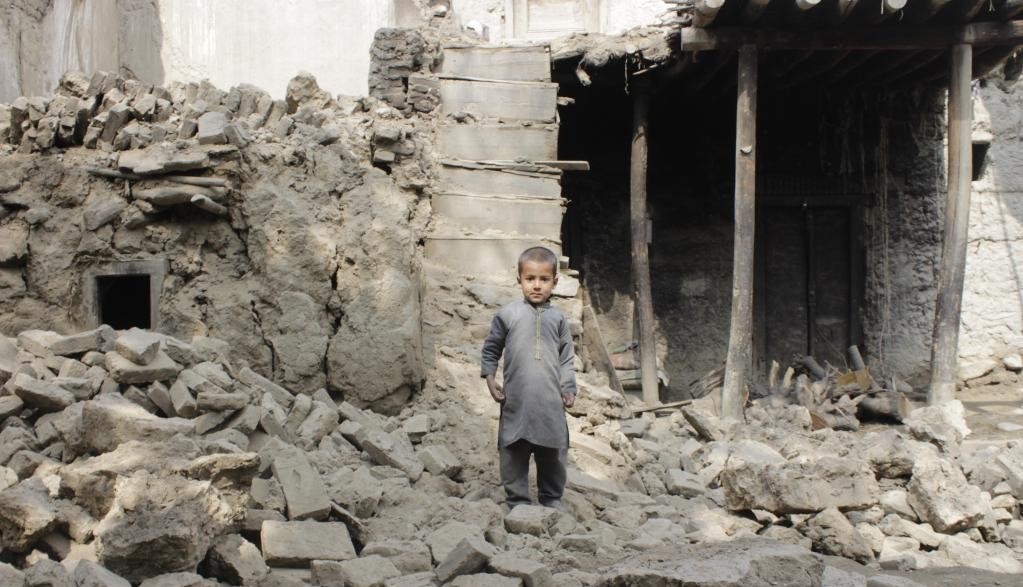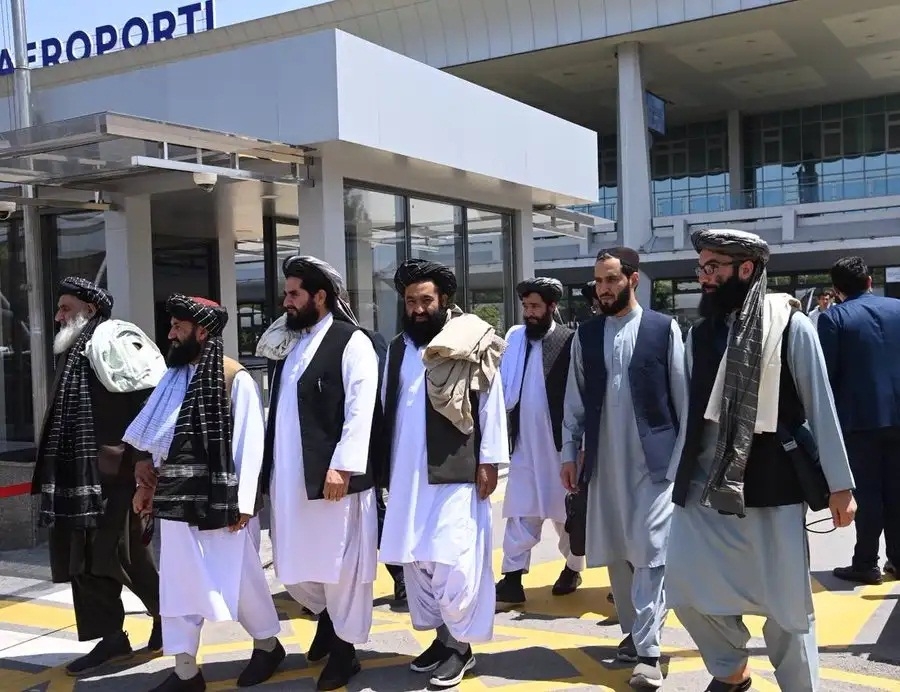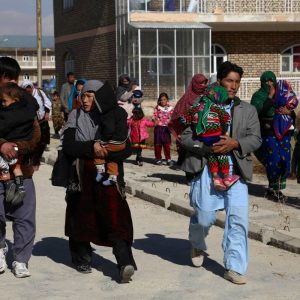The Taliban leadership has also emphasized to store owners and homeowners that installing security cameras is necessary…reports Asian Lite News
In order to improve security, the Taliban government’s Ministry of Interior has announced the installation of more than 62,000 security cameras around the nation, according to Khaama Press.
The Ministry of Interior’s spokesperson, Abdul Matin Qani, told the media in a video clip that more than 62,000 surveillance cameras had been deployed in various areas of Kabul.
The police administration in Kabul’s spokeswoman had previously stated that as part of this scheme, residents are installing surveillance cameras in their houses and streets to help with security measures.
The Ministry of Interior has reportedly sent information forms to homes and informed store owners and householders that failing to install cameras will result in sanctions, according to country residents, Khaama Press reported.
The Taliban leadership has also emphasized to store owners and homeowners that installing security cameras is necessary.
Following the Taliban’s ascent to power, the nation has seen a considerable upsurge in suicides amid a grave humanitarian crisis.
The severe humanitarian crisis in Afghanistan and the escalating poverty levels have resulted in increased migration and challenges with regards to unemployment and residency issues in neighbouring nations. This has resulted in some migrants returning to Afghanistan voluntarily.
Since the Taliban seized power in Afghanistan on August 15, 2021, the majority of Afghans have sought migration due to security reasons, prosecution, lack of job opportunities and the economic situation amid a severe humanitarian crisis in the country.
UK announces $125M aid
The United Kingdom has dedicated USD 125 million for supporting the people of Afghanistan, who are undergoing one of the worst humanitarian crisis under the Taliban regime, Tolo News reported.
The official handle of ‘UK for Afghanistan’ said on X platform (formerly Twitter) that it has dedicated USD 125 million to support the Afghan people.
“Britain remains committed to a secure and prosperous Afghanistan. That’s why this year, we are proud to be dedicating $125m to supporting the people of Afghanistan,” UK for Afghanistan said on X.
The deputy of the Ministry of Economy, Abdul Latif Nazari, welcomed the international assistance for the Afghan people but highlighted that it should not be tied to political matters.
“We ask the international community, relief organizations including the UN, to continue aid, and aid should not be linked to political issues,” Tolo News quoted Nazari as saying.
“The right way of using the world’s aid is not clear. If the right way to use the aid is not clear, and there is no necessary transparency and appropriate response to the aid situation, no matter how huge the aid is, sadly, it will not be effective on the economic situation of Afghanistan,” Tolo News quoted an economist named Shaker Yaqoobi as saying.
Notably, millions of people in Afghanistan are currently suffering from poverty, unemployment, a lack of access to food, and poor health conditions, Tolo News reported citing figures from various international organizations.
Abdul Munir, a young man who works as a vendor in Kabul and is his family’s primary provider despite having a disability, said that he has only received aid twice from the relief organizations.
“I received aid from the current government once or twice,” said Abdul Munir, a resident of Kabul.
According to the World Health Organization’s recent report, 28.8 million Afghans need urgent assistance, while this figure reached 18.4 million people before August 2021.
Additionally, the International Committee of the Red Cross for Afghanistan reported that currently, half of the people of Afghanistan lack access to food and medical care.
It is stated that this aid will be focused on the education of Afghan children, as per Tolo News.
Notably, with the resurgence of the Taliban in August 2021 in Afghanistan, the country’s educational system has suffered a significant setback. As a result, girls have been deprived of access to education, and seminaries or religious schools have gradually filled the void left by schools and universities.
Taliban have also barred girls from attending secondary school, restricted women and girls’ freedom of movement, excluded women from most areas of the workforce and banned women from using parks, gyms and public bath houses. (ANI)
ALSO READ-Iranian Photojournalist Freed After Taliban Detention













